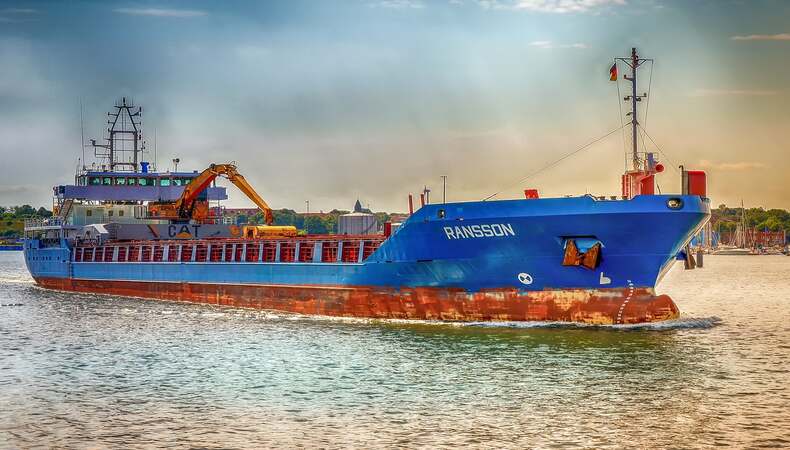Lessons from Singapore: Why the Middle East Must Adopt MFMs for Bunkering

Singapore’s strict criteria and creative ideas help to establish its leadership in bunkering among countries. Mass flow meters (MFMs) are fundamental for its success as they are used so widely. Accurate measurement of gasoline supplied during bunkering operations depends mostly on these sophisticated instruments. MFMs improve the whole dependability of the process by guaranteeing accurate measurements, thereby promoting openness and confidence between vessel owners and bunker providers. The Singapore model shows that using MFMs is not only an issue of technology improvement but also a pillar of efficient and reliable bunkering methods.
The Middle East: An Area Possessed of Major Bunkering Prospect
Strategically located at the junction of several marine routes, the Middle East has great potential to become a top bunkering base. The region’s growing maritime sector and notable oil and gas deposits support this potential even more. Nonetheless, in terms of openness, correctness, and effectiveness within its bunkering procedures, the Middle East presents clear difficulties notwithstanding these benefits. Analyzing Singapore’s effective integration of MFMs can help the Middle East learn a great deal about overcoming obstacles and maximizing its own bunkering activities.
The Middle Eastern Benefits of MFMs
Adoption of MFMs will help the bunkering sector in Middle East in several ways. The improved openness and trust MFMs help to create is one of their main benefits. MFMs remove the possibility for conflicts between bunker providers and vessel owners by offering accurate and verified measurements of fuel quantity and quality. In a very competitive market, creating and preserving solid business ties depends on this degree of openness.
MFMs also help to raise operational efficiency. They simplify the bunkering procedure, therefore lowering the fuel transfer times and raising port throughput. For bunkers as well as ship owners, this efficiency results in notable cost savings, hence increasing the viability of operations. Reducing turnaround times also improves the general port operations’ output, so helping the marine sector overall.
Moreover, MFMs greatly help to reduce danger. MFMs assist to reduce the risk of conflicts, legal claims, and financial losses by providing accurate and consistent data on fuel measurements. Maintaining operational stability and defending the interests of all the engaged parties depend on this protection. By guaranteeing precise measurement of low-sulfur fuel oil—necessary for compliance with International Maritime Organization (IMO) rules— MFMs also help environmental sustainability. This capacity conforms with worldwide initiatives to support greener shipping methods and helps reduce the environmental effect of marine operations.
Beyond Difficulties and Using MFMs
Though there are obviously advantages, using MFMs in the Middle East could present various difficulties. The new technology requires infrastructure changes including the integration of MFMs into current systems and the installation of sophisticated measuring tools. Furthermore crucial is training to guarantee staff members are competent in running and maintaining these equipment. Moreover, standardizing the usage of MFMs and guaranteeing their efficient application depend on the development and enforcement of regulatory systems.
Although these obstacles could call for significant initial outlay of funds and effort, over time the benefits of using MFMs exceed the expenses. The Middle East may change its bunkering sector and boost its status as a dependable and effective maritime hub by adopting the technologies and conquering these challenges. This metamorphosis will draw additional shipping firms to the area and provide new business prospects, therefore supporting the expansion of the maritime industry.
Ultimately, the Middle East is in a turning point when implementing MFMs will have a major influence on its bunkering sector. Following Singapore’s successful model will help the area establish new benchmarks in bunkering efficiency and openness, therefore confirming its status as a top marine destination. The Middle East is ready to take use of MFMs’ advantages and start along the road to be a major worldwide bunkering player.
